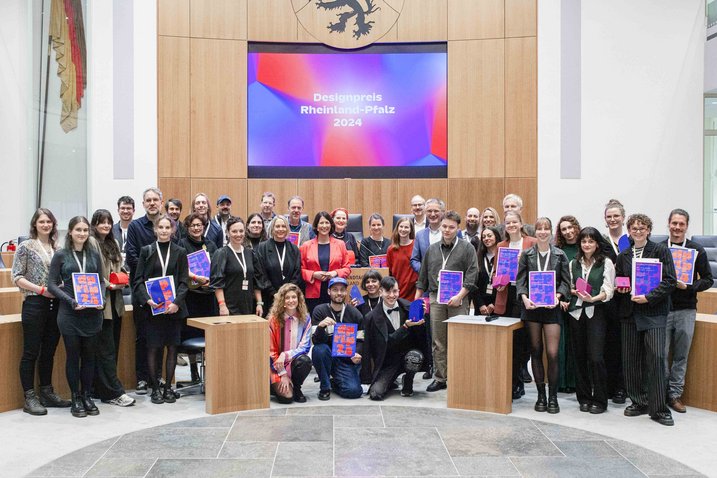Regardless of whether it’s ChatGPT, Google Bard, or Copilot – artificial intelligence (AI) systems have now found their way into the workplace of small and medium-sized companies. In the search for innovative and sustainable solutions, cooperation with universities of applied sciences (HAWs) offers great potential. The member universities of the University Alliance for SMEs are therefore hosting an online dialog on Thursday, 14 September 2023, from 2.30 to 4 p.m. on the topic ofInspiration in AI from the academic sector for SMEs.
First, participants can look forward to brief insights into various projects at the universities of applied sciences on the topic of artificial intelligence during the online event Inspiration in AI from the academic sector for SMEs on the online platform SpatialChat starting at 2:30 p.m.on Thursday, September 14, 2023. Afterwards, there will be an opportunity to talk to the participants in dedicated digital project rooms. The digital dialogue between SMEs and academia is organized by the University Alliance for SMEs (HAfM) to promote transfer and cooperation in the regions.
Program
- 2.30 p.m. Opening by HAfM Chairperson Prof. Dr. Kira Kastell
- 2.40 p.m. Speed presentation (each project for max. 3 minutes)
- 3.10 pm Explanation of the Spatial Chat rooms
- 3.15 pm Online dialog and networking in the Spatial Chat rooms
- 4 p.m. End
Registration is now open at hochschulallianz.de.
Mainz University of Applied Sciences presents two projects
Prof. Claudia Nass Bauer, Professor of Design Strategy at the School of Design at Mainz University of Applied Sciences, will present methods and tools that foster interdisciplinary collaboration and help develop ideas for data-intensive software solutions. Cédric Roussel, research associate at the i3mainz research institute at Mainz University of Applied Sciences, will provide an insight into Explainable Artificial Intelligence (XAI).
Prof. Dr. Jost Göttert from the Niederrhein University of Applied Sciences will show how artificial intelligence (AI) can be transferred from universities of applied sciences to small and medium-sized enterprises with the aim of strengthening jobs and regional competitiveness.
In the Hamm-Lippstadt University of Applied Sciences project, Prof. Dr. Uwe Kleinkes will demonstrate how AI can accelerate the learning process for SMEs in the field of marketing.
Prof. Dr. Michael Guckert from the University of Applied Sciences Mittelhessen (THM) in Gießen will present the TlDis project, a collaboration with Goethe University Frankfurt and an IT company. It aims to answer questions about the costs, transparency, and data protection and privacy of current AI models.
Two projects from Offenburg University of Applied Sciences will be presented: Prof. Dr. Klaus Dorer will show how the supply of geothermal energy to large cities can be optimized in cooperation with Herrenknecht AG. Prof. Dr. Janis Keuper will also show how SMEs can set up and operate their own local ChatGPT for document management.
Dr. Daryoush Daniel Vaziri from Bonn-Rhein-Sieg University of Applied Sciences will present approaches, concepts, and technologies to help small and medium-sized enterprises strengthen their digital mastery.
Prof. Dr. Dirk Schmalzried from the University of Applied Sciences Jena will use examples to illustrate how stakeholders in the scientific community, the business world, and society can be supported in understanding the effects of artificial intelligence and using them to their advantage.
Prof. Dr. Ulrich Schwanecke from RheinMain University of Applied Sciences (HSRM) is working on the three-dimensional reconstruction of objects, which has numerous applications, for example in medical imaging and industrial inspection. In the project Artifact-free 3D reconstruction of moving objects, he is developing reconstruction methods that reduce artifacts in moving objects.
“We are delighted to be able to show interested parties from the worlds of politics, business, and science an exciting mix of collaborative projects and in doing so contribute to networking and the promotion of transfer within and between regions,” says Prof. Kira Kastell, Chair of the Board of the University Alliance for SMEs, who will be moderating the pitches. The range of innovations and developments shows the potential that lies in collaborations between SMEs and academia throughout Germany and in the various regions. Interested parties can register now at www.hochschulallianz.de.




